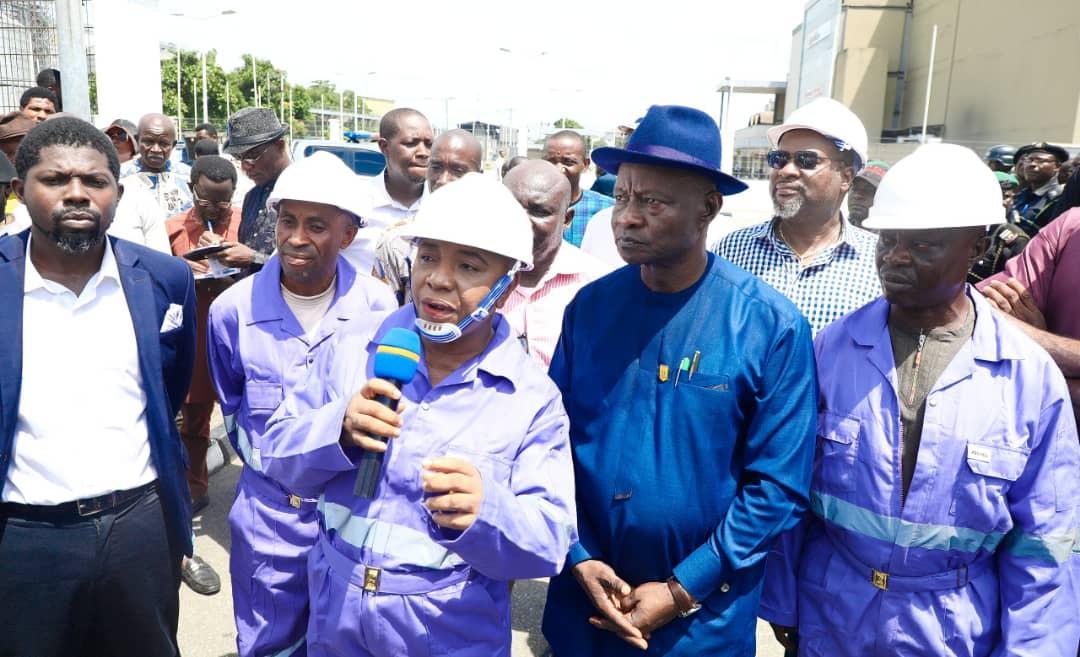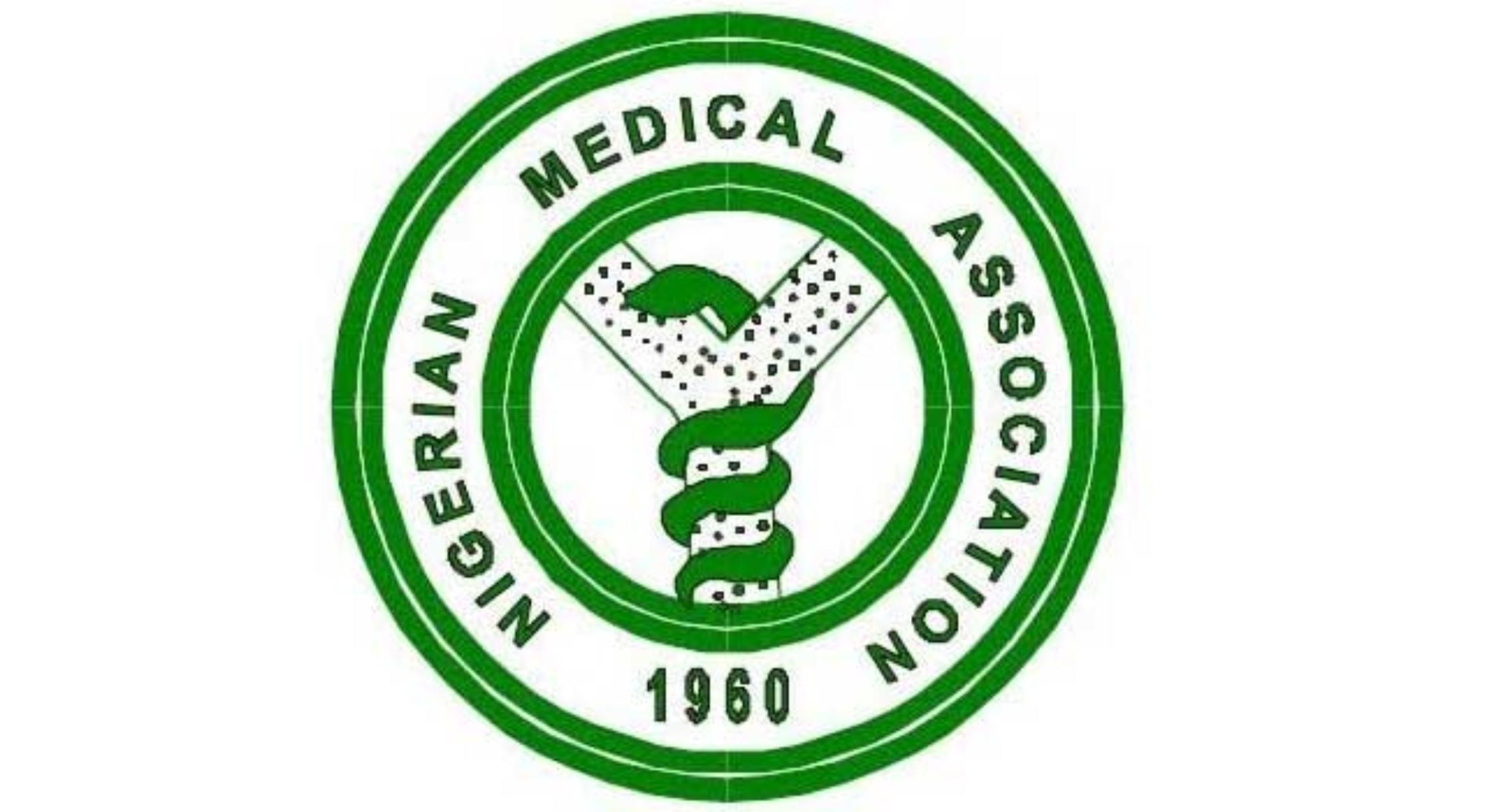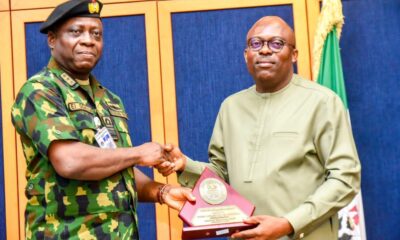Niger Delta
Ijaw Communities Worst Hit By Fuel Price Hike, IYC Laments
The Ijaw Youths Council (IYC) Worldwide has decried the shocking increase in prices of petroleum products, especially Petroleum Motor Spirit (PMS) by the Federal Government, describing it as insensitive to the plight of Ijaw communities living in different parts of the country especially the Niger Delta region.
The President of IYC, Peter Igbifa, in a statement he personally signed, yesterday, said Ijaw communities were the worst hit by the sudden jack up of prices in the petroleum sector because of their peculiar geographical locations.
Igbifa argued that the decision of the Federal Government to remove all subsidies on fuel was done without putting in place prerequisite facilities to ameliorate negative consequences of such action on vulnerable communities in Ijaw land.
He said the government should have waited till the completion of some of the modular refinery projects, rehabilitation of moribund Federal Government-owned refineries and reviving of floating petrol stations in some waterways in the Niger Delta region before implementing such decision.
Igbifa regretted that some floating petrol stations built by the Nigeria National Petroleum Corporation (NNPC) to facilitate access to fuel in coastal Ijaw communities had been abandoned by the NNPC.
He said prior to the recent increase in fuel, residents in Ijaw communities were buying the product very costly outside the regulated prices because of unavailability of authorised fuel stations in their areas.
He said the price of petroleum products in such areas had become outrageous with the latest move by the Federal Government.
Igbifa lamented that the hitherto costly marine transport had quadrupled following the increase in fuel, adding that most resident in Ijaw communities could no longer visit their capital cities to transact their businesses.
Besides, the IYC President said the development would seriously affect the government’s war against illegal refineries and their implications on the eco-system.
He argued that with the increase, many people were likely to go into the business of crude refining of crude oil to make petroleum products available to persons in the coastal communities.
Igbifa called on the federal government to allow the completion and operations of ongoing modular refinery projects before totally removing subsidy on fuel.
He also urged the Minister of State for Petroleum, Chief Timipre Sylva, to revive the existing NNPC floating fuel stations and set more of such stations on the waterways of Ijaw communities to give Ijaw people access to fuel.
He said: “The umbrella body of all Ijaw youths, the IYC, totally rejects this increase of petroleum products. It is ill-timed. Our coastal communities are indeed the worst hit by this increase and we are asking the Federal Government to reconsider its position on this matter.
“We believe that before full deregulation is implemented in the petroleum sector, the Federal Government must put some prerequisite facilities in place. Such facilities must include reviving all floating petrol stations, which have been abandoned along some waterways in the Niger Delta.
“The Federal Government must also ensure the full rehabilitation and optimum operations of the moribund Warri and Port Harcourt refineries as well as the completion of other modular refineries in the Niger Delta. Anything outside ensuring that we have self-sufficiency in refining crude oil produced in this country amounts to putting the cart before the horse and we totally reject it.
“We call on President Muhammadu Buhari to withdraw this decision because of the hardship it has already inflicted on our people. We also call on our own brother and Minister of State for Petroleum, Chief Timipre Sylva, to prevail on Mr. President to meet the prerequisite conditions before total deregulation.
“We want to state that the current development if allowed to persist will hamper the war against oil theft and illegal refining of petroleum products affecting our ecosystem. This is because the unavailability of petroleum products because of its cost will compel more people to go into the business of illegal refining of the products, which is seen as cheaper than the regulated product.”
Niger Delta
Mile One Market: Committee Commences Verification Exercise …Denies Allocations Of Shops

The Rivers State Government Reconciliation Committee on Lockup Shops at Mile 1, Rumuwoji Market in Port Harcourt City Local Government Area has denied allocating stalls to any one.
Chairman of the commitee, Mrs Ibiwari Clapton-Ogolo, said this in an interview with The Tide during the commencement of the first phase verification of the market allottees in Port Harcourt.
Mrs Clapton-Ogolo also insisted that original owners of shops will be given automatic allocations as long as they can prove themselves.
“No allocations for now. We are here to verify the allottees. Original owners of shops will have automatic allocations as long as they can prove themselves”, she said.
Mrs Clapton-Ogolo, who is the Permanent Secretary/Solicitor General of Rivers State, said the traders are happy that they are getting back to business.
She insisted that all prospective allottees must come with all required documents, including their National Identification number (NIN) before verification.
She also commended Governor Siminalayi Fubara for his efforts in getting the traders back to business.
Other members of the committee who also participated in the verification exercise are the Permanent Secretary, Rivers State Ministry of Housing, Mr Boma Wakama, who is the Secretary of the committee; Mr Lawson Ikuru, Permanent Secretary, Rivers State Ministry of Commerce and Industry, amongst others.
Some of the allottees, who spoke to The Tide shortly after the verification exercise, described the process as fair and transperant.
They told their colleagues not to embark on further protest, but follow the template put in place by the Committee to get verified.
Over six hundred allottees participated in the verification exercise.
John Bibor
Niger Delta
RSG Seals Two Hospitals In Bonny …Set To Inaugurate Anti-Quackery Committee

The Rivers State Government, in collaboration with the Nigerian Medical Association (NMA), Rivers State, has sealed off two hospitals in Bonny Island.
The two hospitals sealed are Saint Child Surgery, Bonny, and former Ndukwe Clinic, currently operating at Macauley Plaza, Bonny.
At a joint media briefing, Wednesday, in her office, the State Commissioner for Health, Dr Adaeze Chidinma Oreh, said the two health facilities were sealed off for negligence and unprofessional conduct as well as non-registration of facilities.
The sealing of the two hospitals brings to three the number of hospitals so far sealed off by the government in the State.
Recall that last week, one Divine Love Hospital in Port Harcourt was also sealed off for unprofessional conduct.
The Commissioner said some of those engaged in unethical practices have also been arrested and being tried.
She explained that the situation goes against the philosophy and the determination of the Governor Siminalayi Fubara-led administration to ensure quality health care delivery in the State.
According to her, the present administration of Governor Fubara is determined to fight all incidences of quackry in the State, adding that when inaugurated, the committee will also go after those who use fake certificates to practise as medical doctors.
“It is important that we are not looking at it sorely from the perspective of the qualifications, the requisite qualifications of health care providers, the services that they provide, and the facilities, but those services delivered is also of paramount importance”, she said.
She continued that the State Ministry of Health is collaborating with the Nigerian NMA to ensure that the health sector is sanitized of quackery.
The Commissioner urged the public to give useful information to the Ministry on the existence of quack doctors and locations of substandard hospitals in the State.
Also speaking, the Chairman of the NMA, Rivers State, Dr Ebi Robinson, said the organisation has zero tolerance for quackery as far as the profession was concerned.
He said the fight against quackery was not motivated, but was borne out of necessity to sanitise the health care delivery system in the State.
According to him, the fight is not against only those who fake certificates, but also against unethical and unprofessional practices.
“In recent times, some hospitals have been sealed with the help of the Ministry of Health and some individuals who faked certificate to practise as medical centres have also been prosecuted by the NMA.
“On the 23rd of April, two hospitals in Bonny Island were also sealed by the Ministry of Health for non-registration of their facilities and for some unethical practices.
“The NMA was part of the team to ensure no one was victimised”, he stated.
Robinson thanked Governor Fubara and the State Commissioner for Health, Dr. Oreh, for their support towards the fight against quackery and efforts to sanitise the health care delivery sector in the State.
He said the association is not leaving any stone unturned until the sector is sanitised for better medical practices.
Also speaking, the Director of Medical Services, Rivers State Ministry of Health, Dr. Vincent Wachukwu, said the government is putting all necessary things in place to ensure that Rivers people get access to quality health care services.
He, however, expressed regrets that some persons are making a mockery of government effort in this direction by not registering their facilities.
Wachukwu said government cannot allow these individuals to continue, and called on those wishing to offer medical outreaches to communities to get approval from the Ministry.
John Bibor
Niger Delta
C’River Declares NBS Child Labour Ranking Unrealistic
Cross River on Saturday dismissed as untrue a survey report by the National Bureau of Statistics (NBS) that it had the highest incidence of child labour in the country.
The NBS had stated in the report that of the 24.6 million children in child labour in Nigeria, Cross River recorded the highest incidence of 67.4 per cent, followed by Yobe with 62.6 per cent.
In the survey entitled: “Nigeria Child Labour Survey 2022’’, the NBS rated Lagos State has having the lowest incidence of 8.9 per cent.
The NBS described child labour as any work that robbed children less than 18 years of age of their childhood, potential, and dignity or had deleterious impact on their physical and mental development.
It stated that its survey showed that children between the ages of five years and 17 years were engaged in economic activities that amounted to child labour in Nigeria.
Dismissing the report, Cross River’s Commissioner for Information, Mr Erasmus Ekpang told The Tide’s source in Calabar that the figures released did not represent the true position in Cross River.
He said the figure for Cross River was not tenable since government had put measures in place since assumption of office in May 2023 to discourage child labour and to uplift vulnerable segments of the population.
He explained that the measures put in place centred on health, education, agriculture and other empowerment initiatives.
Ekpang stressed that government had also put in place programmes that empowered women economically and discouraged them from sending their children and wards out as child labourers.
“Women are empowered to take care of themselves and their families. Youths are also not left out of these policies and programmes.
“The initiatives are mostly in the areas of agriculture and small-scale enterprises.
“We also initiated programmes like school feeding to retain every child in school”, he stated.
Ekpang advised the NBS to revisit its 2022 figures and make amends.
The NBS report also stated that more than 14 million of affected children were engaged in hazardous work.
The survey also showed that child labour was considerably higher in the rural areas, with 17.5 million or 44.8 per cent of children involved.
In the urban areas, however, only 7.1 million children, or 30 per cent were involved in child labour.
Hazardous work is also more frequent in the rural areas according to the NBS.
“More than 10.5 million children or 26.8 per cent of those of them in the rural areas are in hazardous work.
“In urban areas, only about four million children or 16.3 per cent are in hazardous work”, it stated.
The report also indicated that the Northwest geopolitical zone had the highest of 6,407,102 children engaged in labour, followed by the Northeast with 4,466,808; North Central (3,884,576); South-South (3,682,773); Southwest (3,227,559) and Southeast (3,004,669).
-

 News5 days ago
News5 days agoEFCC, Experts Warn Nigerians To Guard Against Cyber Crimes
-

 News1 day ago
News1 day agoJAMB Arrests Father For Impersonating Son At Exam Centre
-
Women1 day ago
The Desire Of Every Woman In Marriage
-
News5 days ago
Pan-Igbo Group Hails Dangote Group For Reducing Diesel Price
-

 Featured1 day ago
Featured1 day agoBe Firm In Fight Against Oil Theft, Fubara Tells CNS …As Navy Moves Training Hqtrs To Rivers …Seizes 14 Vessels In Three Months
-
Business1 day ago
Diri Tasks NCDMB, SPDC On Projects Completion
-

 Rivers5 days ago
Rivers5 days agoBayelsa LG Polls: BYSIEC Issues Return Certificates To Chairmen, Others
-
Politics1 day ago
Fubara’ll Leave Rivers Better Than Expected – LG Boss

